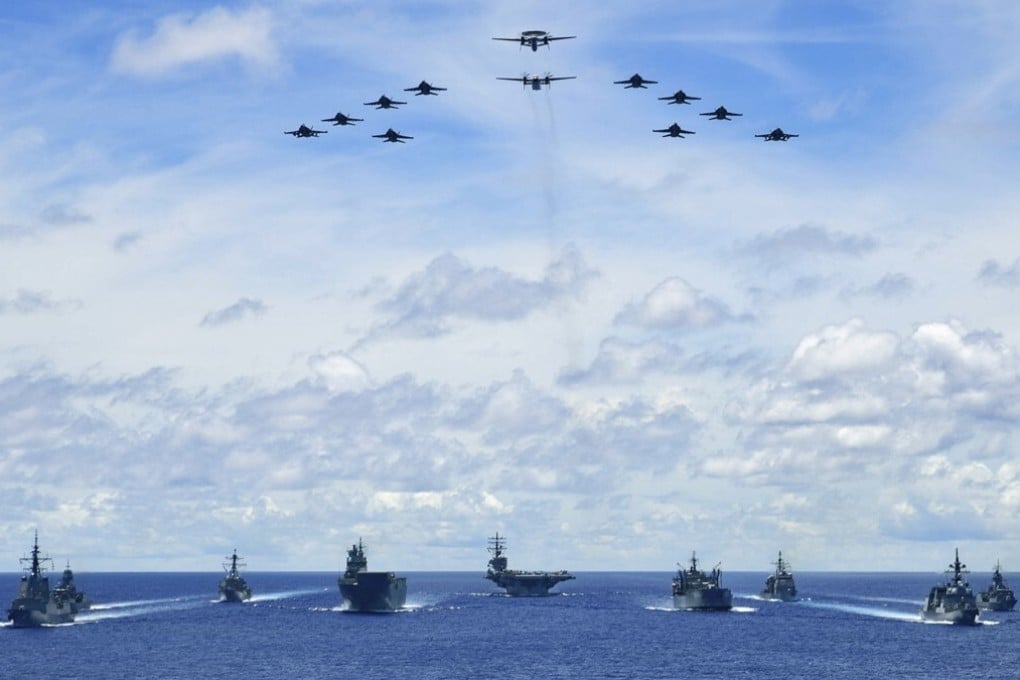Must Australia choose between trade with China and siding with US on Hong Kong, South China Sea?
- Canberra has signalled it will not join Washington in a new cold war with Beijing – sceptics wonder if it has any alternative
- Australia is one of America’s staunchest security allies, but alienating its largest trade partner would cost it dear

This week, Australia’s top diplomat and defence official made it clear Canberra would not march in lock-step with its treaty ally – even as they joined their US counterparts to emphasise common interests and issue some of their strongest criticisms of Beijing.
While the allies would work together on the basis of “shared values”, Australia made its “own decisions”, Minister for Foreign Affairs Marise Payne said on Tuesday, after Payne and Minister for Defence Linda Reynolds wrapped up annual talks with Pompeo and US Secretary of Defence Mark Esper.

01:17
Pompeo urges all nations to 'push back' against China on visit to the UK
The relationship “we have with China is important, and we have no intention of injuring it, but nor do we intend to do things that are contrary to our interests”, Payne said.